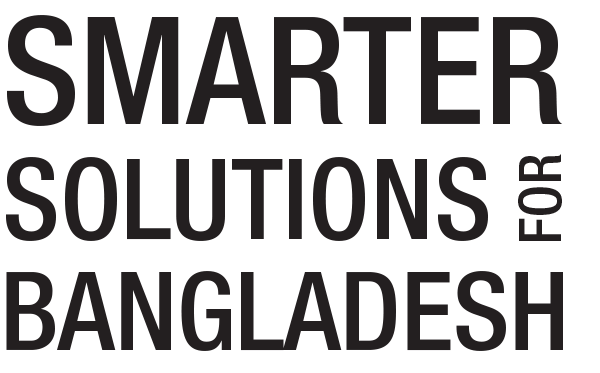Bangladesh Priorities Methodology
There are nearly as many different opinions about what Bangladesh should focus on to achieve middle-income status as there are Bangladeshis.” Dr. Bjorn Lomborg, President, Copenhagen Consensus Center
This research and advocacy project aims to establish how to achieve the most social, environmental and economic good for Bangladesh with every taka spent, by analyzing a wide range of investments.
This project has involved hundreds of sector experts, many months of research, and engagement with decision makers on the smartest approaches for Bangladesh.
Sourcing ideas and solutions
The Copenhagen Consensus approach, applied here to Bangladesh, has been used for more than a decade to improve global and regional spending priorities. The groundwork for this project started in March 2015 when we gathered prominent individuals from across Bangladesh, representing government and donors, academia, NGOs, think-tanks, and sector experts.
We eventually talked to more than 400 experts from government, international development agencies, think-tanks, and academics and heard more than a thousand proposals to boost Bangladesh.
Our process included a series of 20 roundtables, where sector experts would take part in an open, robust debate about the best responses to the challenges in their specific field. The topics selected for these roundtables were informed by a review of the background study recommendations that formed the basis of the 7th Five Year Plan (7FYP, 2016-2020).
This list of topics was reviewed by a Reference Group, including high-level influential national and international representatives from within the development community in Bangladesh.
We also shared some of these ideas on priorities for Bangladesh with The Daily Star readers and invited them to share their views about the top investments needed.
From these engagements across Bangladesh’s vibrant policy and civil sector environment, we created a long-list of hundreds of ideas for research..
After additional inputs from the Reference Group, a final list is created that comprised 76 short-listed interventions for research.
Conducting Economic Research
Economists from Bangladesh and the world were commissioned to undertake cost-benefit analysis on the shortlist of interventions. Assumptions were standardized to allow for comparison between different interventions.
Feedback and peer review were embedded into the research process, to capture a broad range of expert perspectives. Peer groups of economists shared outlines and draft papers for feedback, and early findings were shared with sector experts and non-academics in roundtable discussions.
The feedback was incorporated into final cost-benefit papers and short reviews.
Assessing the Smartest Interventions
An Eminent Panel of a Nobel Laureate economist and leading Bangladeshi development experts read all of the papers
From May 9 to 11 all the 76 analyzed interventions and policies analyzed by the Bangladesh Priorities participating economists were discussed and ranked by an Eminent Panel in Dhaka. In addition, dozens of economists, who have analyzed the many opportunities for Bangladesh, estimating their costs and benefits joined the events.


